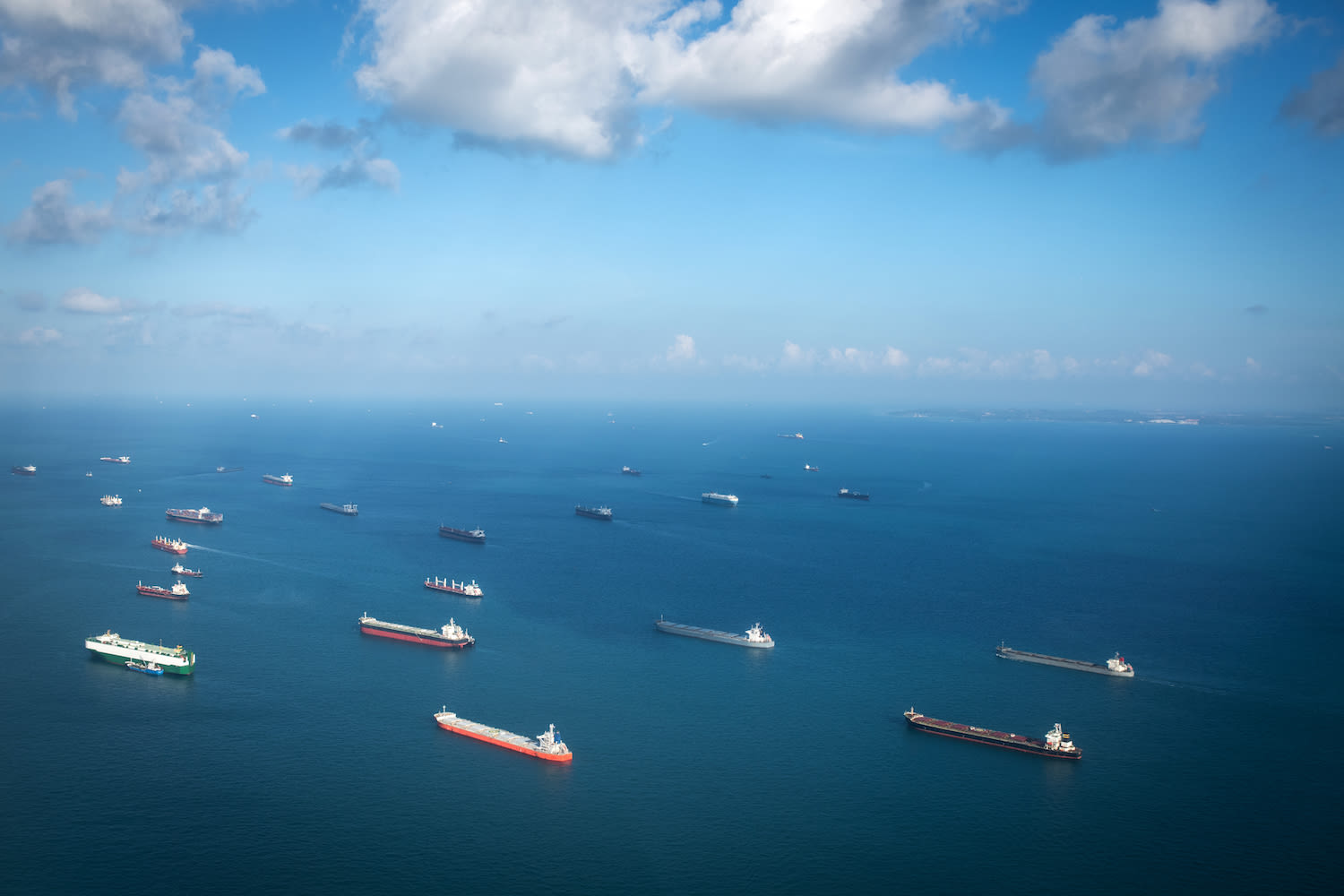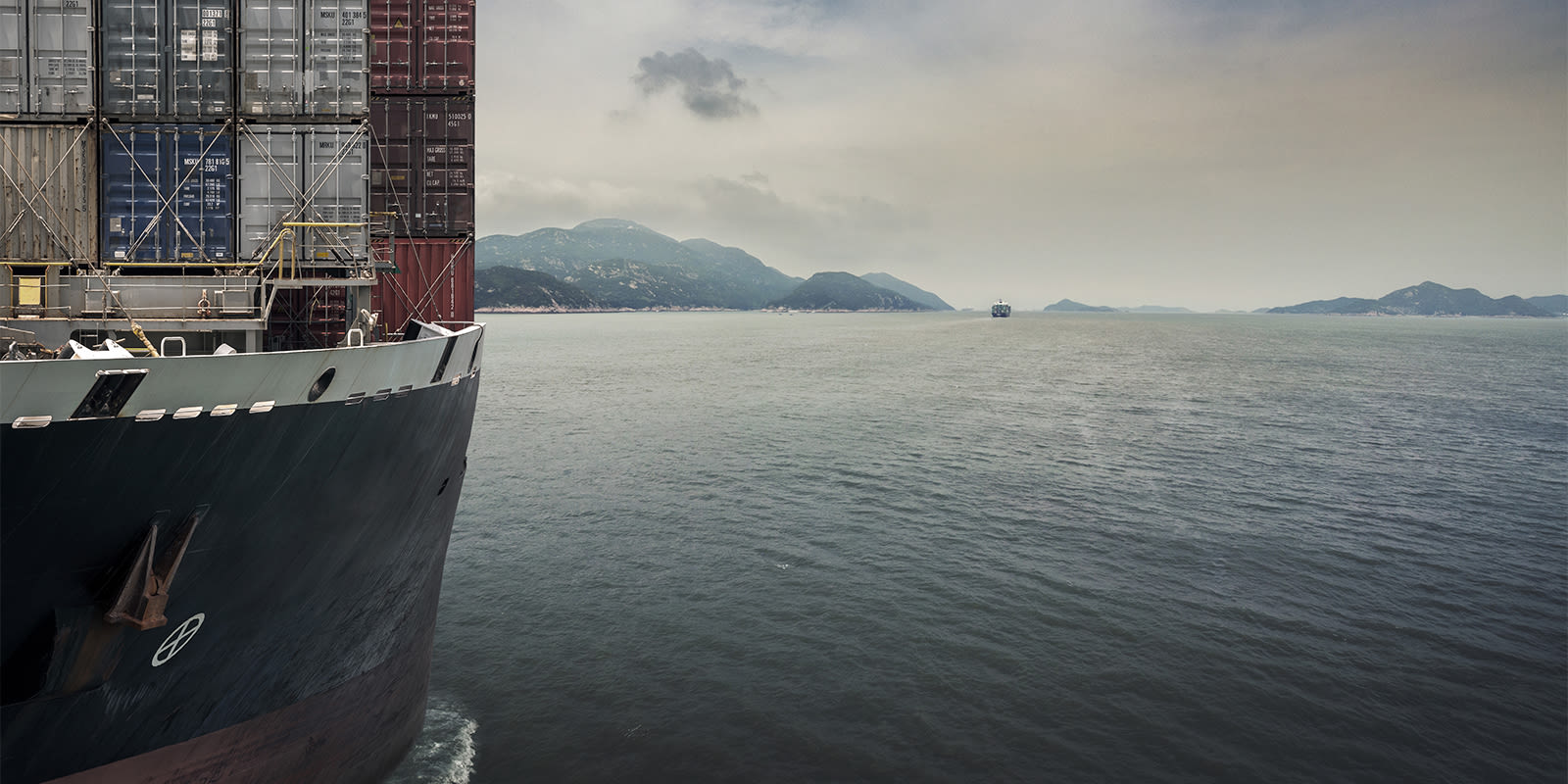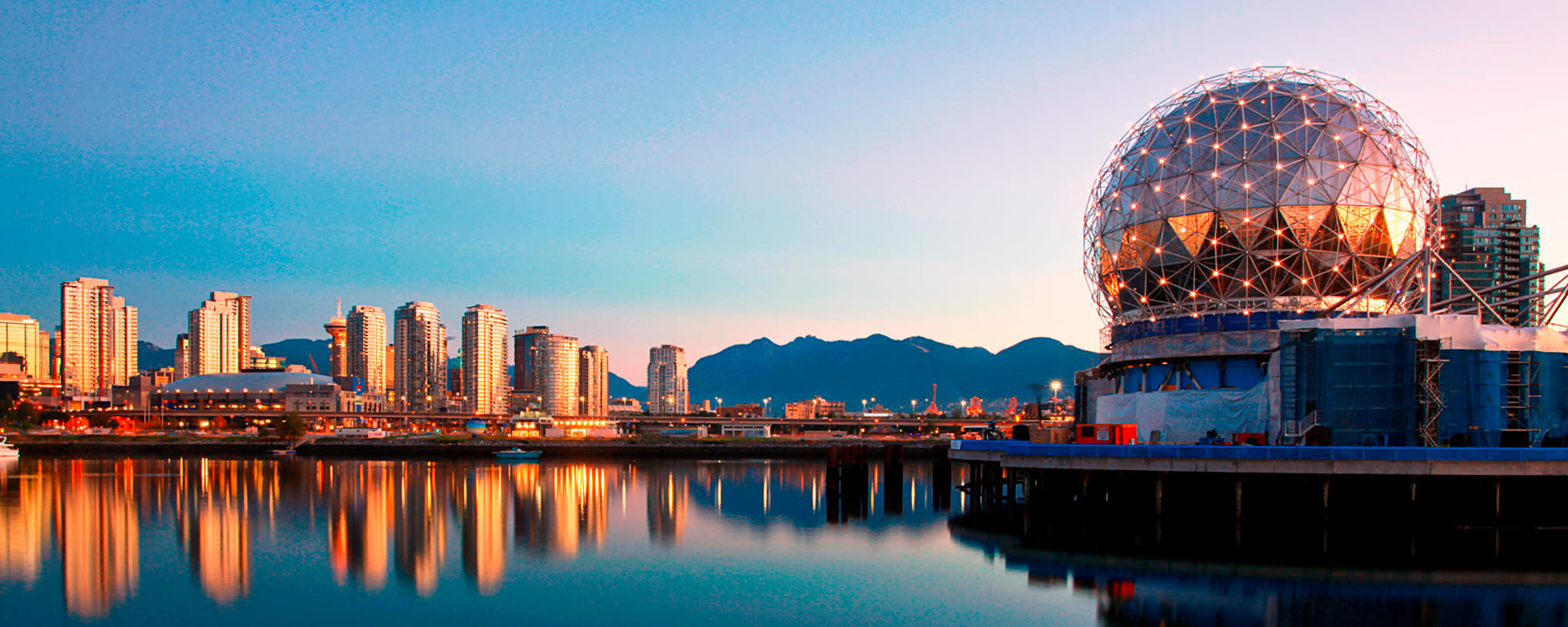
2018 年 06 月 22 日
What you need to know about the Emergency Bunker Surcharges
Tags:
What you need to know about the Emergency Bunker Surcharges

2018 年 06 月 22 日
by: Nerijus Poskus & Dharshini Shegran
The rising cost of crude oil is causing disruptions throughout the global supply chain. Brazil saw a devastating trucker strike recently, IATA cut profit targets, and the demand for logistics services is outpacing supply. And nowhere is this more keenly felt than in ocean freight where bunker prices have spiked 19.4% since April. To recoup this money, carriers are implementing bunker surcharges on certain contracts.
There is a lot of confusing information on this complex and shifting topic, so we have pulled together this primer to provide as much clarity as possible.
What is this surcharge that carriers are implementing and why?
- Vessel fuel (known as bunker) is tied to the price of oil, set by Brent Crude Oil price, a major benchmark for worldwide oil prices.
- The Brent Crude Oil price has been going up since OPEC (Organization of Petroleum Exporting Countries) began reducing their oil supply in the beginning of 2017.
- Oil cuts are expected to continue through the end of 2018, with U.S. sanctions against Iran also expected to contribute to rising oil prices.
- Carriers were not prepared for the surge in bunker during the first quarter of 2018 and are implementing a cost-recovery program associated with bunker costs as prices for bunker fuel have been significantly rising.
- The cost-recovery program involves a surcharge that carriers will be implementing on worldwide trade lanes.
- Each carrier is referring to these charges with different naming conventions:
- APL: Emergency Bunker Recovery (EBR)
- Hamburg Sud: Emergency Fuel Adjustment Factor (EFAF)
- Hapag LLoyd: Operations Cost Recovery (OCR)
- Maersk: Emergency Bunker Surcharge (EBS)
- OOCL: Peak Season Surcharge (PSS)
When will these charges be in effect?
- Depending on trade lane, surcharges will be implemented anywhere from June 1 – July 15.
- The industry is unsure as to how long the surcharge will be in effect as carriers will determine the length at which they choose to keep this surcharge implemented.
- Surcharges vary in cost depending on carrier and trade lane.
- Range from $20/TEU to $90/TEU
How will these surcharges affect our clients’ rates?
- Ocean freight rates presented by Flexport at initial quote will always include the associated surcharges for Emergency Bunker Surcharges (EBS), if applicable.
- In general, Emergency Bunker Surcharges (EBS) will not affect our fixed rate (NSA) clients at this time.
- Flexport will continue to communicate any changes in the markets to our clients.
About the Author

2018 年 06 月 22 日




